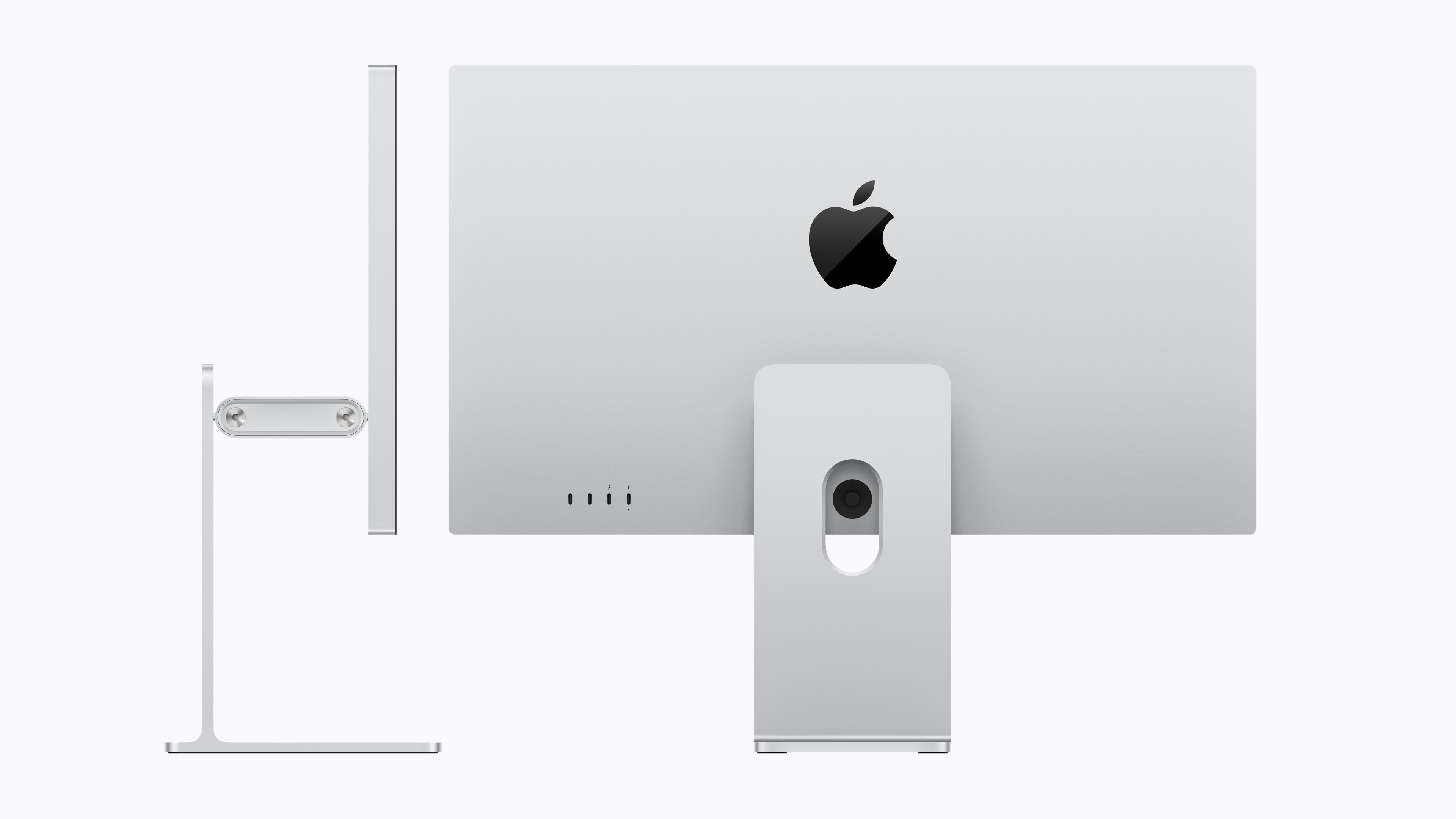
Source: Apple
Prepaid devices might land at the neighborhood Apple (AAPL 1.10%) store later this month. According to tech blog 9to5mac, which has a good track record with unnamed sources, Apple's official stores will start stocking iPhones that will work with either a prepaid plan or month-to-month contract when the phone is bought upfront. Apple will team with AT&T Inc. (T 0.45%) and T-Mobile (TMUS +0.16%) on the project in hopes of boosting iPhone sales (under competitive strain from Google's (GOOG 1.07%) Android) and drive more integrated product purchases.
How will Apple's prepaid iPhones work?
Shoppers could always find places to buy unlocked iPhones, which involved paying full price for the device and then separately purchasing a SIM card from a mobile service such as AT&T or T-Mobile. An Apple store would then have to activate the phone for usage. The new deal will largely work the same way, but cut out the middleman.
Customers could shop for the phone, SIM plan, and receive activation, all in one stop. According to 9to5mac, the plan deals offered will include AT&T's prepaid plan for $60 per month and a $50 per month plan from T-Mobile.
How would this benefit Apple?
CEO Tim Cook broke out some troublesome numbers during a Store Leaders meeting last summer, according to 9to5mac. Apple stores only account for about 20% of iPhone sales at that time, but took care of around half of iPhone repairs or replacements. Cook wanted to focus on narrowing that gap, and last month featured an in-store upgrade event that increased the trade-in values of older devices for those purchasing an iPhone 5c or 5s. Now comes the prepaid plan offer.
The prepaid offer could bring more traffic into the stores where customers can also browse and purchase other Apple items from headphones to iPads. The real hope, though, is to move some more iPhone 5c and 5s devices off the shelves before the next model launches this fall.
The lower-end 5c model didn't sell as well as hoped following the release last year, and the 5s didn't sell well enough to compensate. In the first quarter, Apple reported 51 million iPhones sold over the holiday period. Analysts had expected about 55 million. Sales recovered some in the second quarter, though, with about 44 million iPhones sold compared to 38 million in the prior year's quarter.
Apple needs to embrace the prepaid movement merely to keep up with the number of prepaid devices available with Android installed. Gartner reported that the Android operating system held over 78% of the global smartphone market last year, while Apple's iOS had about 16%. Android's dominance is partly due to its availability across a wide range of devices, including cheaper prepaid phones.
Is this a good deal for customers?
Will customers take up Apple's offer? Technophiles might not find the exercise any easier than buying an unlocked phone, but those who require more assistance (or enjoy the Apple store experience) might head to the stores for shopping.
More and more mobile services have begun offering prepaid or monthly plans. Some, including AT&T and T-Mobile, have added device payment plans to the mix that involve a device installment plan rather than requiring a full upfront payment. Those installment plans will appeal more to those who can't afford the full device payment in one bill, but which method is actually offers the better savings?
Consumer Reports released new data on the average two-year cost for iPhone 5 and 5c according to contract terms. The study averaged a range of mobile services including Verizon, AT&T, and Sprint, and showed the cost according to usage profiles including an individual, a low-use couple, and a high-use family.
 Source: Consumer Reports
Source: Consumer Reports
The best deal across the board comes with bringing an existing phone over to a new plan. Results vary for those who want or need a new iPhone, however. No-contract service with the phone paid for upfront was narrowly cheaper for an individual but more expensive for both couples and families. The traditional two-year contract was the next best deal across the board. Couples or families who don't want contracts are generally better off with a device installment plan added to the monthly bill, though.
A prepaid phone from Apple would offer the best deal to an individual who needs a new iPhone, can afford to pay for the device upfront, and wants a simpler buying experience than the unlocked route.
Foolish final thoughts
The Apple prepaid offer could appeal to a small segment of its shopping audience, but that might prove enough assistance to close that gap between in-store sales and repairs. Apple has a lot on its plate including the ramp up to the new iPhone model, which would have more shelf room if the prepaid deal proves successful.





